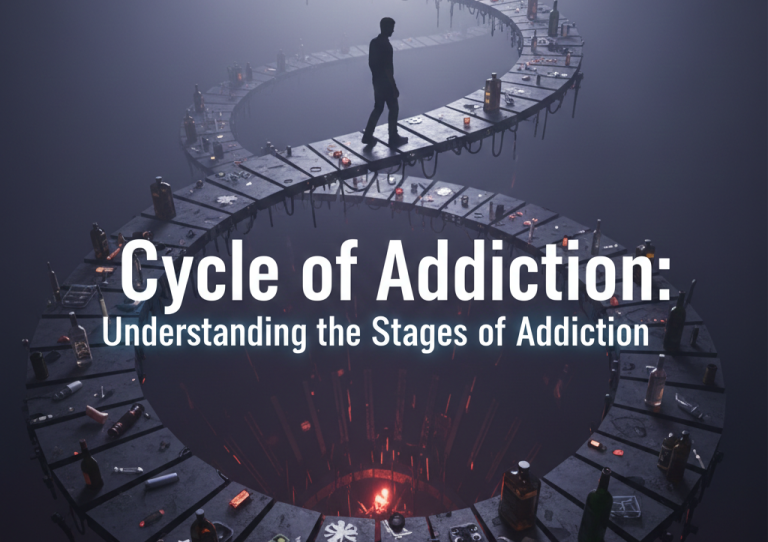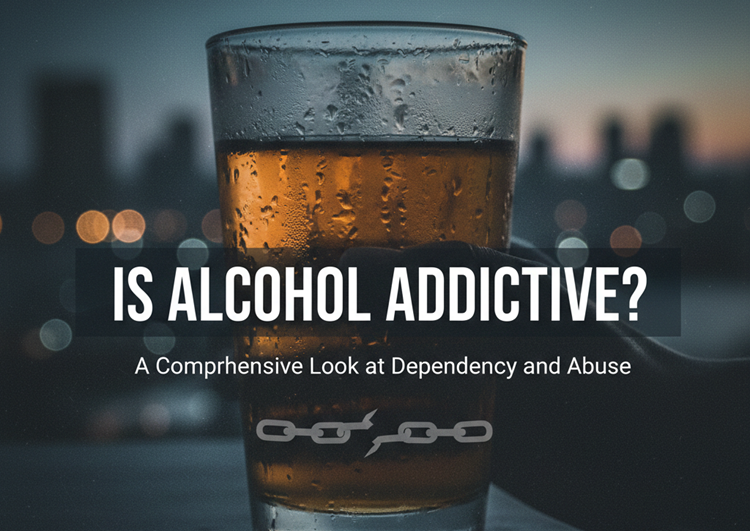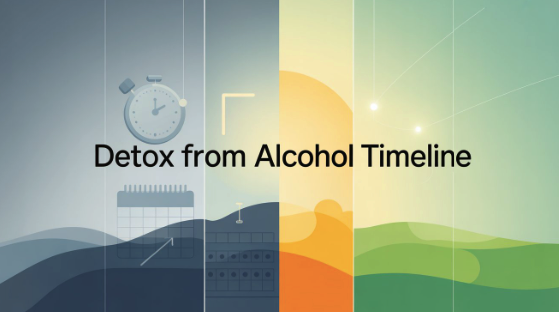Alcoholism and drug addiction are the global issues that affect so many people’s lives nowadays. It is essential to find effective addiction treatments since these issues affect not only people who suffer from them, but also their families, communities, and societies. One of the widely used therapeutic techniques today for different mental health disorders, including substance use disorders, is CBT. This blog focuses on CBT for alcoholism and substance use disorders, so it offers a wide-ranging view of what it is, how it is used, and what the research says.
What is Cognitive Behavioral Therapy?
CBT is the short form for Cognitive Behavioral Therapy which involves the treatment of mental health disorders by altering the negative way of thinking and behaving. CBT was developed in the 1960s by Dr. Aaron Beck based on the cognitive triangle, which comprises thoughts, feelings, and behaviors. In cases where negative thought patterns are intrusive, CBT seeks to control emotions and behaviors through the alteration of thoughts.
The CBT’s core principles include:
- Listing and disputing negative and unrealistic thoughts
- Anger management and effective communication skills.
- Positive reinforcement is needed to encourage good behavior.
Most people who require mental health treatment would find CBT feasible since it is directed towards specific objectives, time-bound, and usually brief.
How Effective is CBT?
Studies have shown that CBT could be used effectively in alcoholism and drug addiction treatment. For example, a meta-analysis in the American Journal of Psychiatry found that CBT leads to a decreased intensity and relapse rate of substance use. Research indicated that CBT could be more helpful if it was integrated with other treatments like medication and support groups.
A meta-analysis done by the Cochrane Collaboration analyzed 53 studies of over 9,000 participants. In the studies carried out, CBT proved to have a markedly positive effect on substance use and psychosocial functioning as compared to control categories.
Furthermore, evidence shows that the advantages of CBT go beyond the overall duration of this treatment. Subsequent studies have also indicated that those who have undergone CBT for addiction are likely to remain drug-free and have recurrent episodes less often compared to those who did not undertake the therapy.
Benefits of Cognitive Behavioral Therapy
- Non-invasive and Non-pharmacological: CBT does not include the use of drugs and this can make it appealing to patients who may have a natural bias against medication or who are wary of the side effects associated with their use.
- Focus on Long-term Behavioral Change: CBT provides behavioral tools and techniques to the clients that are helpful for the long term and help them avoid a relapse after the therapy.
- Flexibility and Adaptability: CBT can be flexibly implemented according to the requirements of an individual patient. It is sensitive in the sense that the techniques and goals can be modified to correspond with the patient’s situation and difficulties.
- Empowerment through Self-awareness: CBT enables the patient to uncover the problem-solving patterns and behaviors that guide his or her recovery.
Challenges and Limitations
- Engagement and Adherence: Some people can experience problems when it comes to the organized approach of CBT or following the tasks set and practicing between sessions.
- Severe Cases of Addiction: In cases of complicated substance abuse, or individuals with severe addiction or substance-induced mental illness, CBT may not be adequate. In such cases, a multidimensional treatment may be required which would involve medical detoxification, medication, and other forms of therapy.
- Need for Trained Therapists: To employ CBT, one needs professional and well-trained therapists in the field. Access to such qualified CBT therapists can be limited or lacking in some regions, which in turn can limit the provision of this therapy.
Combining CBT with Other Forms of Treatment
Due to its versatility, CBT is implemented in conjunction with other treatment forms.
- Medication: Medications are also helpful, for some people, they relieve the withdrawal symptoms, curb the urges, and assist in long-term abstinence. Integrating medication with CBT has proven to yield better results in treatment.
- Support Groups: Group therapies enable one to interact with people in similar situations, thus feeling supported and encouraged complementing the skills exercised in CBT.
- Holistic Therapies: Combining CBT with other holistic approaches like mindfulness meditation, yoga, and exercises can go a long way in enhancing recovery since they improve the general health of an individual by reducing stress.
Supplementing CBT with these other methods helps patients receive a more personalized treatment to enhance their recovery from addiction.
Cognitive Behavioral Therapy has therefore been identified as an effective method of treatment for cases of alcoholism and drug addiction. CBT focuses on the cognitive and behavioral symptoms of addiction and thus assists patients in acquiring pertinent tools for recovery and preventing relapses. Although it may NOT be convenient for everyone and issues such as how to engage the users and have access to a qualified therapist exist, overall there is substantial evidence that CBT is indeed effective in treating alcohol and drug addiction.

If you or your loved one is suffering from alcoholism or drug addiction, it is advisable to consider CBT as a method of treatment. Recovery is possible, and with the right support and strategies, one can overcome this and be a productive member of society again. Call us at (321) 415-3213 or visit Orlando Treatment Solutions today.



























